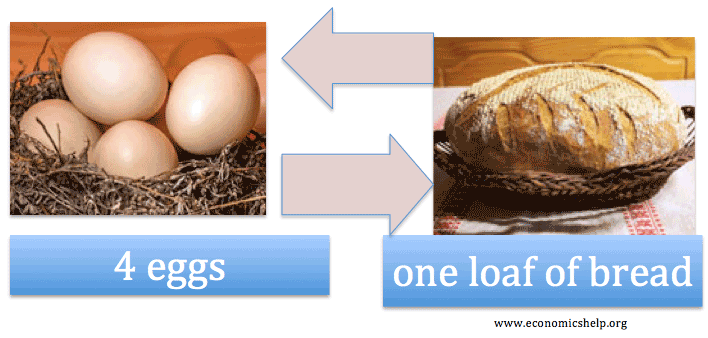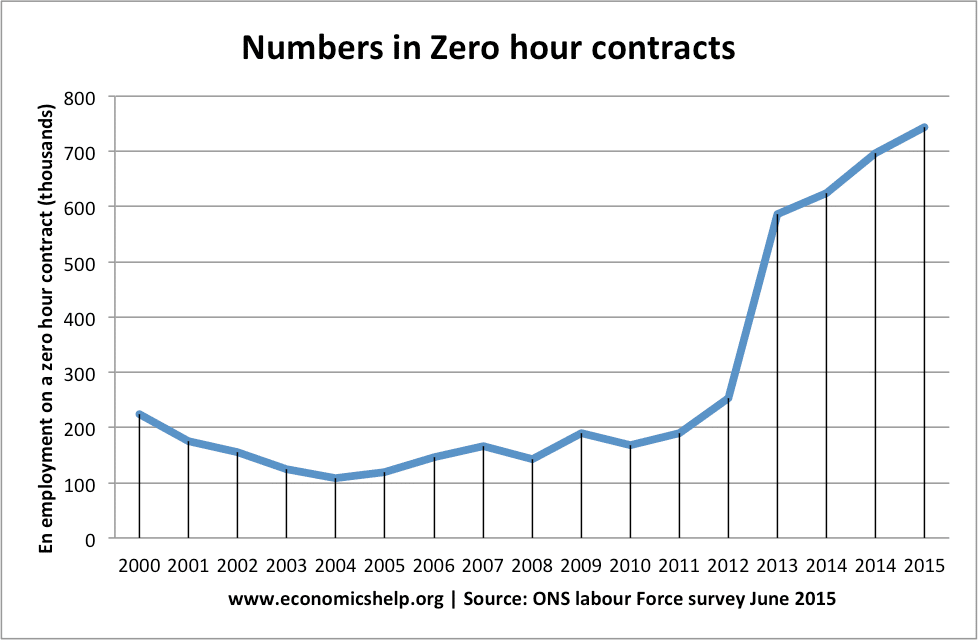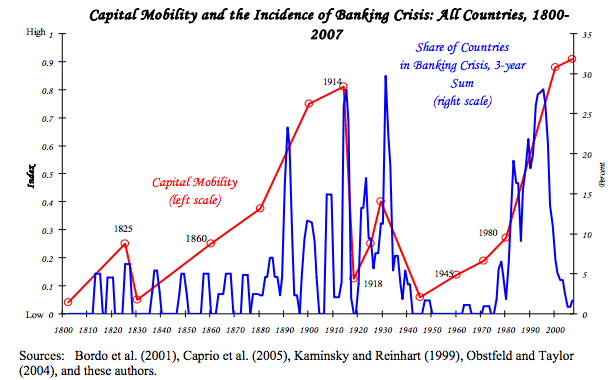Double co-incidence of wants
Definition of double coincidence of wants – This occurs when two people have goods they are both happy to swap in exchange. i.e. a perfect barter exchange. If you two individuals place equal value on 4 eggs and a loaf of bread. Then this exchange would be a double coincidence of wants and enable an …





